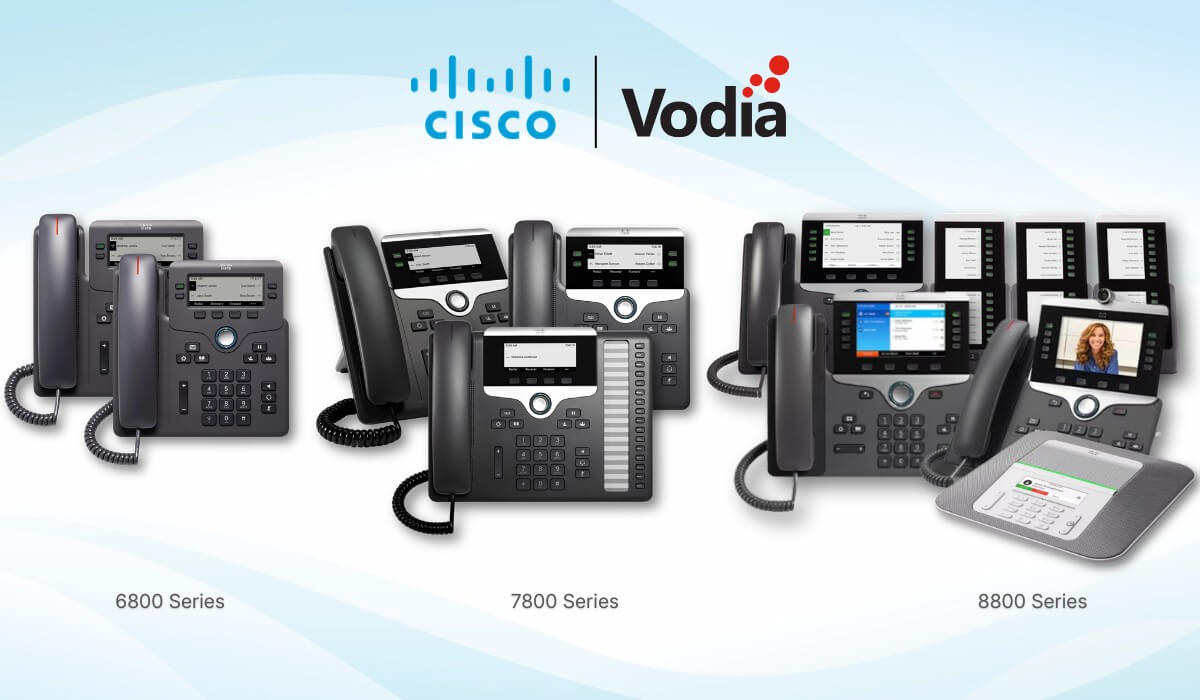Since the COVID-19 pandemic began, our work lives have been upended, and one of the most significant changes is the blur – or perhaps obliteration – of the boundary between work and our personal lives. With hybrid environments and work from anywhere, we now find ourselves working wherever we are and whenever we can. We are no longer separated from the office by commutes and office phones – many of us now wake up, pour a cup of coffee and settle in, at home, for our workday. And our work evening. And our work night.
With our laptops on our desks or kitchen or dining room tables and 5G Wi-Fi at home, many of us are checking emails or polishing off projects long after the workday would have ended at the office. We check our work emails after dinner, before we go to bed…maybe even before that first cup of coffee. And let’s not forget, even when you don’t have a computer in front of you, you’re probably checking emails and SMS messages on your smartphone.
Is it too much? In his legendary guide, The 7 Habits of Highly Effective People, Stephen R. Covey declares, “the challenge of work life balance is without question one of the most significant struggles faced by modern man.” Covey’s perennial best-seller was published in 1989, 30 years ago, when mobile phones were as big as bricks and most executives dictated their correspondence to secretaries – it was still the era of briefcases full of manila folders and three-martini lunches. Covey, who died in 2012, would be astonished to see, in 2021, how our careers seem to have seeped into every corner of our lives (or more likely he’d have seen it coming).
In September of this year, according to the BBC, the UK Government proposed giving all employees the right to request flexible working when they start new jobs. As of this fall, all workers in the UK must be in a role for at least six months before they request a flexible work arrangement, such as hybrid work; the proposal, should it become law, would grant employees in the UK the right to request a flexible work arrangement from their first day with a new employer. This means we’ll soon see thousands of workers in the UK working from home at least a few days per week, if not every day, and most of them will probably be checking emails and calls and SMS messages outside – sometimes far outside – their organization’s business hours: “Just a quick email and a cuppa before I come to bed, Love!”
Meanwhile, across the Channel, France has issued a law permitting workers in certain sectors to ignore emails they receive after departing the office, thus requiring employers to respect their employees’ “required time of rest and disconnection.”
The country with the strictest legislation to protect employees’ time for “rest and disconnection,” however, is Portugal, which has gone much further than the UK and France to support the separation of work and time away from it. In November of this year, Portugal announced it has banned bosses from text messaging and emailing staff out of working hours as part of new laws dubbed “right to rest”. The decree is one of a number of changes the Portuguese government is introducing to improve work-life balance as working from home in the country becomes ever more prevalent. Portugal’s Minister of Labour and Social Security, Ana Mendes Godinho, told a conference in Lisbon, “telework can be a game-changer,” but she believes its growth needs to be regulated.
The new Portuguese law seeks to protect workers’ “right to rest,” meaning an employer cannot text, email or call an employee for 11 consecutive hours after that employee’s shift ends. The rule applies to companies with more than 10 employees, and any employer who violates the rule can be fined.
For organizations in Portugal, and everywhere else, if you’ve moved to a hybrid office model, or if everyone is working from home, Vodia’s best-in-class cloud PBX makes it easy to set business hours:
- Our PBX makes it so your team can use their smartphones as their office extensions, without having to give out their private numbers.
- No one has to receive calls outside of business hours – your employees can set these hours with our app, mobile or PC, and they can also use the PBX through a standard web browser, without having to install an app (they can change settings, schedule conference calls or set their devices).
- When a laptop is closed there are no interruptions.
People working at home particularly love the browser because it makes it so easy to control availability.
Work from anywhere doesn’t have to mean work anytime or all the time. We might not be able to help you with those midnight emails but, with the Vodia PBX, at least your phone won’t ring while you’re composing them.
The Vodia PBX comprises the most complete suite of robust business telephony features for on-premise and cloud-based telephony, including auto attendant, SMS, paging, separation of personal and work calls, conference calls, call recording, CRM integration and Microsoft Teams integration. If you’re looking for an integrated solution, Vodia makes it possible to work from anywhere. Find out more, sales@vodia.com.
.svg)




